Nothing is worse than tossing and turning all night and not being able to fall asleep, despite being exhausted. Over time, these sleepless nights add up. The result? Both short and long term negative effects like decreasing your productivity and happiness.
While there are many factors that might be contributing to your inability to fall asleep, such as screen time and stress, a big culprit for your sleep deprivation could be what you are eating throughout the day! If you want to start catching some zzz’s and finally feeling rested, it’s important to reduce or cut out entirely these foods from your diet.
Caffeine
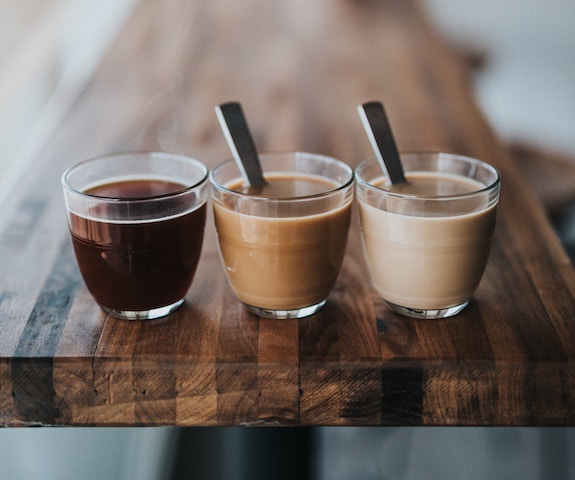
This one might seem like a no-brainer, but many of us are still guilty of sipping a nice mug of warm coffee or tea close to bed time. However, the caffeine in many of our beverages actually blocks adenosine, the chemical that helps us go to sleep, for up to six hours! No wonder many of us can’t hit the hay when we want to!
This doesn’t mean caffeine needs to be eliminated entirely from your diet. Doctors have found there are many benefits to drinking 1-2 cups of coffee a day. However, for sleep purposes it is best to consume coffee earlier in the day to avoid adverse effects at night.
Sugar
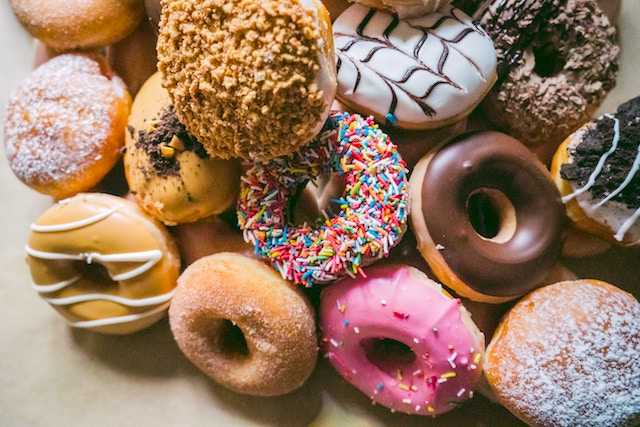
It’s hard to resist a nice sweet dessert after dinner! Nevertheless, the high sugar content can give your blood sugar and brain a jolt, giving you unwanted energy right before bedtime.
A better post-dinner treat is wholegrain cereals with low sugar, or bananas. Both have high contents of tryptophan. (Yes, the same amino acid that’s in Thanksgiving Day turkey that puts us to sleep.) It induces a feeling of drowsiness by helping the body to produce melatonin, which makes us feel relaxed. If the thought of giving up your ice cream before bed is too much to handle, we suggest trying a banana whip instead. Who knew a banana could be so delicious and creamy!
Tomatoes
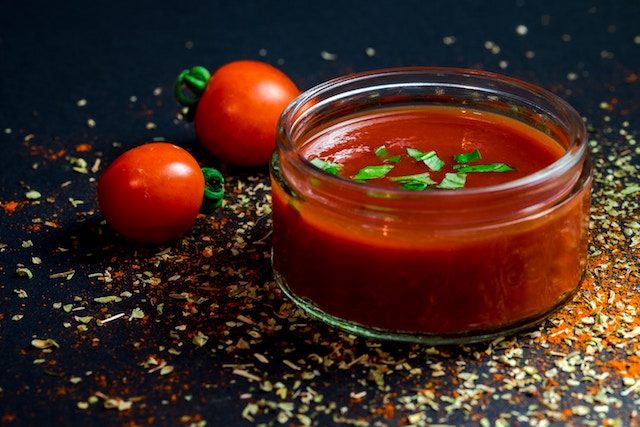
There’s nothing like a rich, fresh tomato sauce on your pasta or pizza to make you feel like you’ve been transported to Italy…*Sigh* As delicious as tomatoes can be, they are also high in tyramine, an amino acid that triggers the release of stimulant chemicals like norepinephrine. As a result, your brain can feel wired before bed time. Instead, try eating fewer tomatoes during the week or eating them earlier in the day.
Red Meat
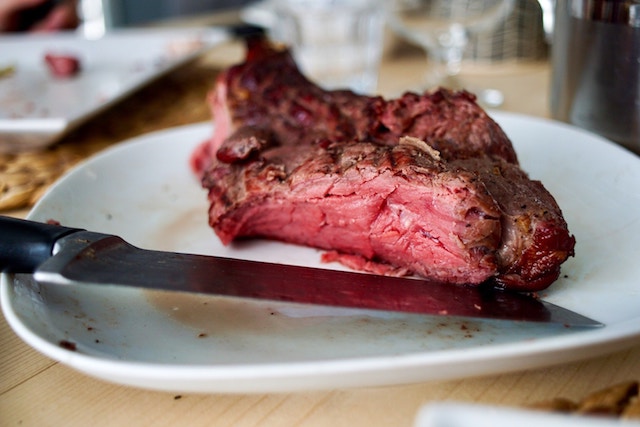
A juicy steak for dinner might have felt like a good idea at the time… But that heavy feeling in your stomach as you attempt to go to bed afterwards would say otherwise. Red meat takes longer to digest, which can leave you feeling bloated and uncomfortable if eaten too close to bed time. Try to aim for lighter meals if you know you will be eating late at night. This way you will feel comfortable and relaxed when going to sleep.
Alcohol
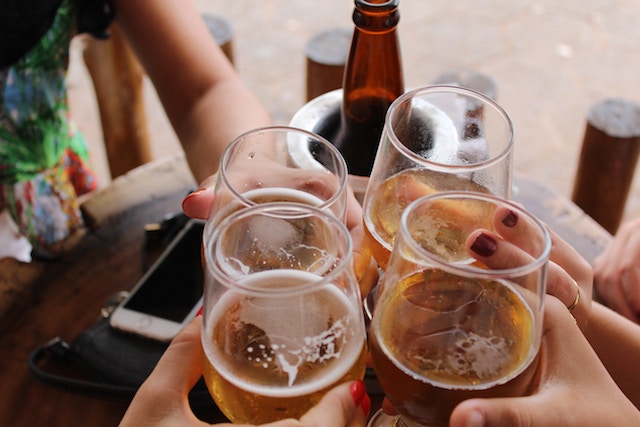
After a long day at work, it’s common to only want to go home, sit back and unwind with a nice wine or beer. However, alcohol is a sedative, but not in the good way. Although it does make us drowsy, it actually negatively affects our REM sleep, which can cause you to toss and turn through the night and not get the proper rest you need. A disproportionate amount of REM sleep can also impair your memory and productivity the next day. This could be the cause for a bad cycle of constant exhaustion at work!
Hot Sauce
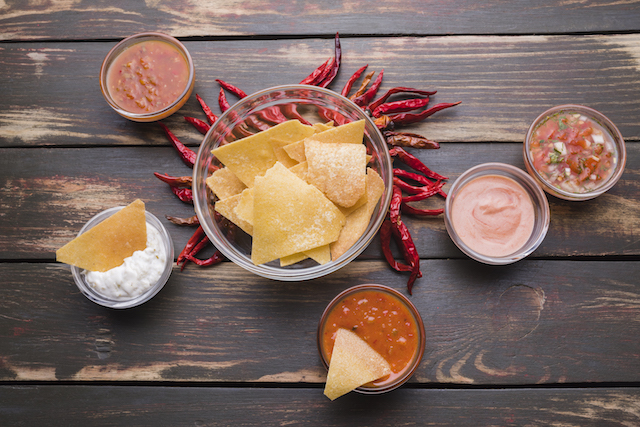
One can’t properly celebrate Taco Tuesday without a little bit of hot sauce! However, the spicy ingredients can cause you to have heart burn, raise your body temperature, and create indigestion. All of these side effects can negatively impact your ability to sleep… If you can’t give up the hot sauce, try having a little taco fiesta with friends for lunch instead.
Photos: Freepik and Unsplash
